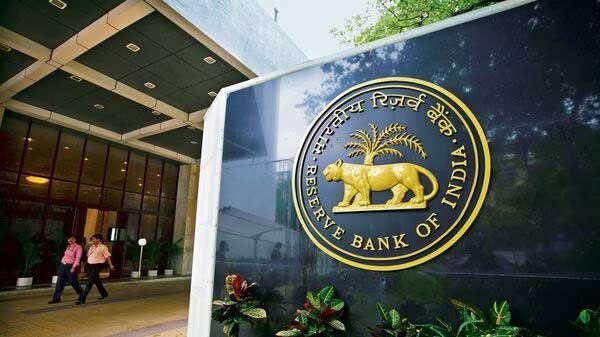The latest directive from the central bank showcases an exemplary collaboration between the market regulator Sebi and the Reserve Bank of India (RBI).
Last week saw a significant move by the Reserve Bank of India (RBI), which issued a mandate preventing banks and non-banking financial companies (NBFCs) from channeling funds into Alternative Investment Fund (AIF) schemes that are already invested in that bank’s or NBFC’s borrowers. This directive aims to curb the potential ‘evergreening’ of loans, a process that may disguise the actual financial health of borrowers. Here’s analysis of the intricate aspects and broader impact of this directive.
RBI’s Stance on Lenders and Their AIF Investment Activities
According to the Securities and Exchange Board of India (SEBI), which regulates the market, AIFs are specialized investment funds that gather capital from informed investors. RBI’s recent guideline underscores the concerted effort between SEBI and the central banking authority. SEBI had previously highlighted to RBI the instances where non-banking financiers were suspected of ‘evergreening’ loans via AIFs, as detailed in a article from November 2022.
‘Evergreening’ refers to the dubious strategy of lending more funds to delinquent borrowers, allowing them to settle existing debts, thus masking the actual performance of loan portfolios. Such practices obscure financial distress and delay the recognition and resolution of the stressed assets.
The concern was that certain lenders were funneling money into specific AIFs to ensure their troubled borrowers could access the funds required to repay their loans, thereby evading default. RBI, under the vigil of Governor Shaktikanta Das, as well as past governors like Raghuram Rajan and former deputy governor NS Vishwanathan, has consistently cautioned the financial sector against the dangers of ‘evergreening’ practices and the detrimental effects they harbor.
Exploring the Outcome of RBI’s Latest Mandate
The investment community is grappling with the implications of the Reserve Bank of India’s (RBI) recent edict. According to a recent analysis on December 20th, the directive could precipitate a staggering ₹20,000-40,000 crore decline in the managed assets if financial entities are compelled to retract their investments. The RBI has set a stringent deadline of 30 days for these institutions to disengage from investments that fall into the affected category. Market experts at IIFL Securities have scrutinized the situation, noting that Alternative Investment Funds (AIFs) face a diminishing range of assets eligible for investment due to the RBI’s action. They foresee a challenging scenario where lenders might incur mark-to-market losses as they hastily comply within the 30-day time frame or alternatively, align with the provisioning mandates established by the RBI. Further, IIFL Securities anticipates the emergent need to acknowledge certain accounts as non-performing assets in subsequent quarters, a development attributable to the closure of this avenue previously utilized to veil financial strain.
Impact of RBI’s New Regulation on Financial Institutions
The Reserve Bank of India’s (RBI) latest directive is poised to affect non-banking financial companies (NBFCs) significantly more than traditional banks. Industry insights from IIFL Securities suggest that NBFCs such as Piramal Enterprises, Indiabulls Housing Finance, and Edelweiss are particularly exposed due to their substantial investments in Alternative Investment Funds (AIFs).
On December 19, Jeffries reported that as of March 31, Piramal Enterprises and IIFL Finance had sizable AIF investments, amounting to ₹4,500 crore (7% of their assets under management) and ₹1,100 crore (2% of their assets under management, including AIF), respectively.
Jeffries notes that although these AIFs do maintain investments in companies that are debtors, these are largely in accounts to which Piramal and IIFL were already exposed prior to the past year. However, the report suggests that there might be minimal investments in debtor firms to which these lenders have had exposure within the recent 12-month period.
In a disclosure to the stock exchanges on December 21, Piramal Enterprises acknowledged that their investment in AIF units, through themselves and Piramal Capital and Housing Finance, stood at ₹3,817 crore as of November 30. Out of this, they identified ₹653 crore invested in funds devoid of any exposure to debtor companies of Piramal Enterprises. Regarding the remaining ₹3,164 crore, investments worth ₹1,737 crore had been funneled into entities that currently are, or were debtors of Piramal Enterprises within the last year.
Piramal Enterprises stated that in alignment with a prudent interpretation of the regulatory guidelines, it plans to make adjustments in its financial disclosures, addressing the entire ₹3,164 crore either through capital reserves or provisioning.











